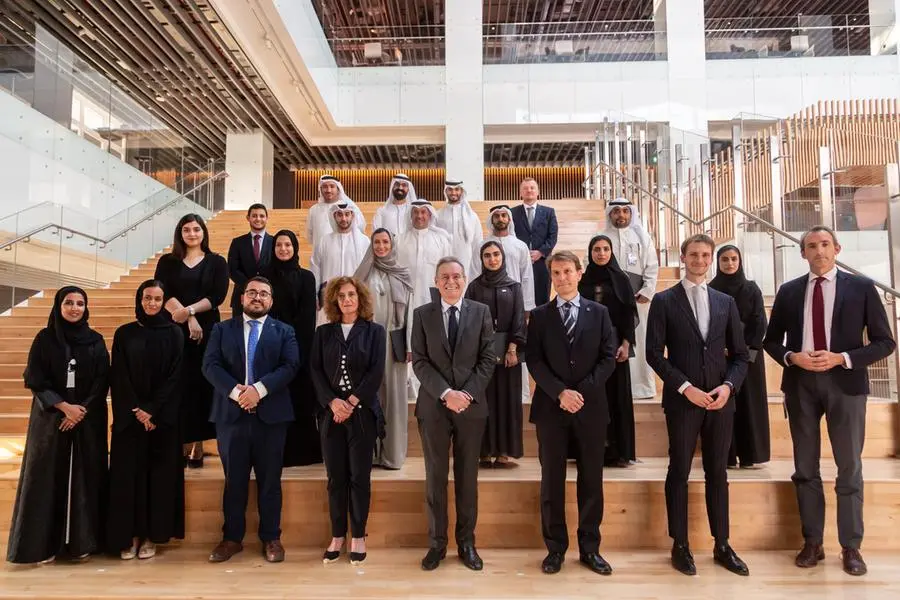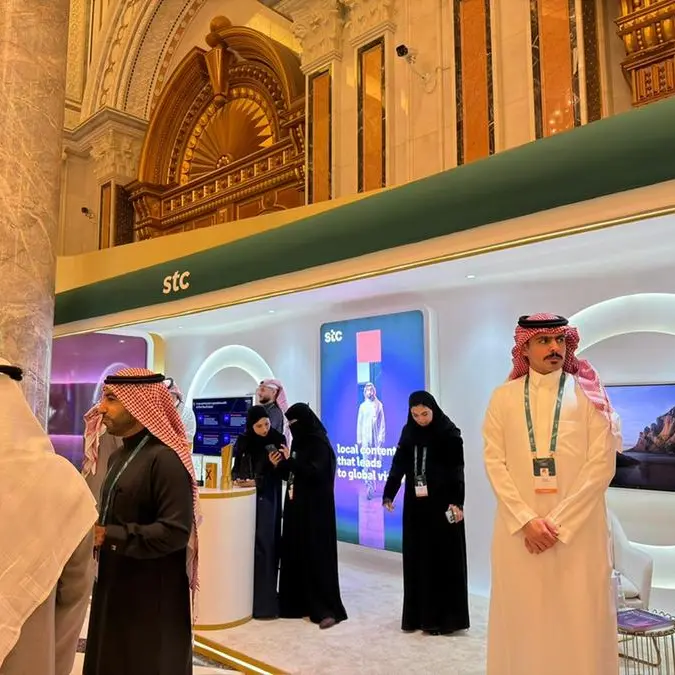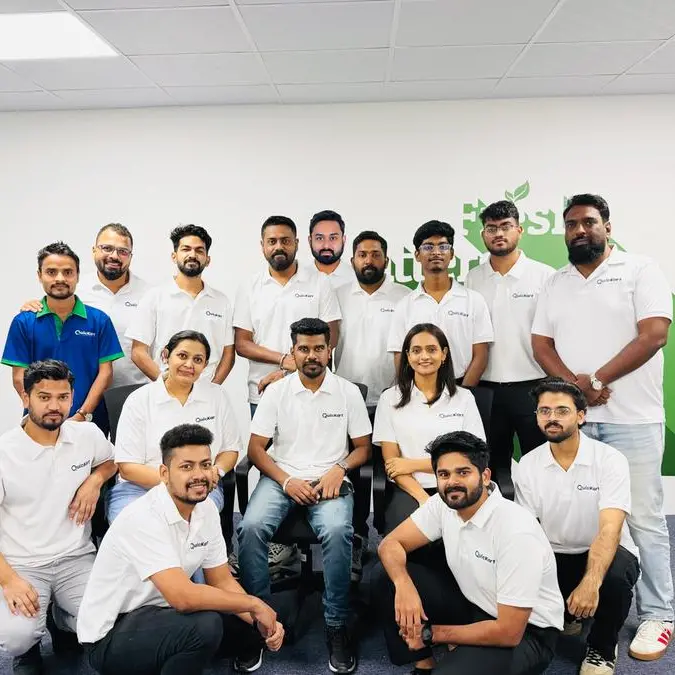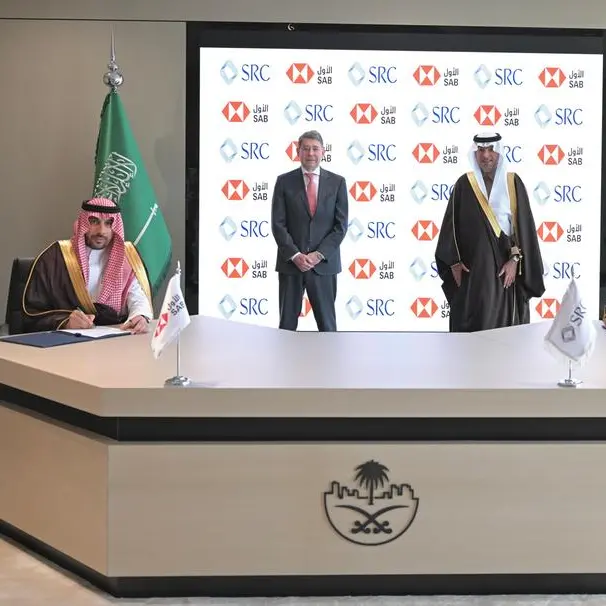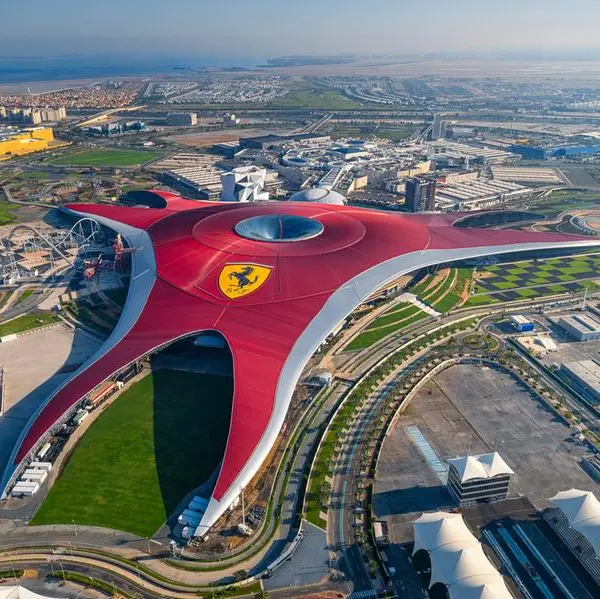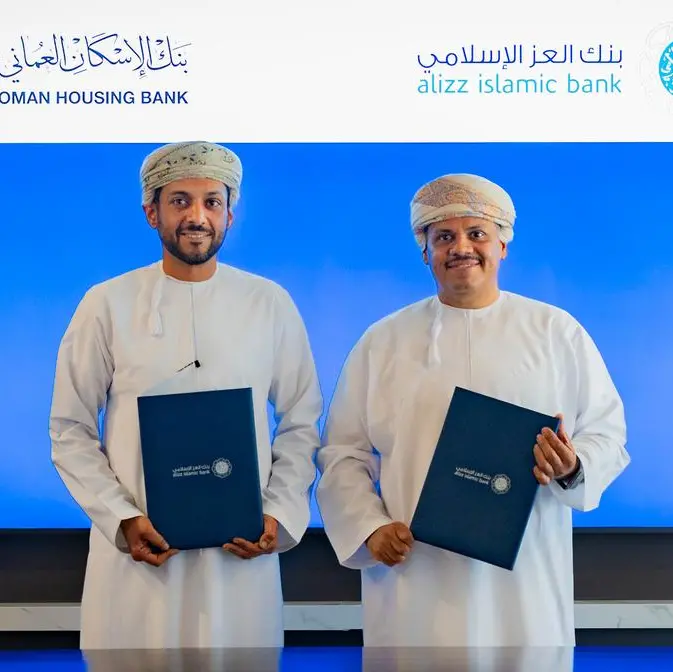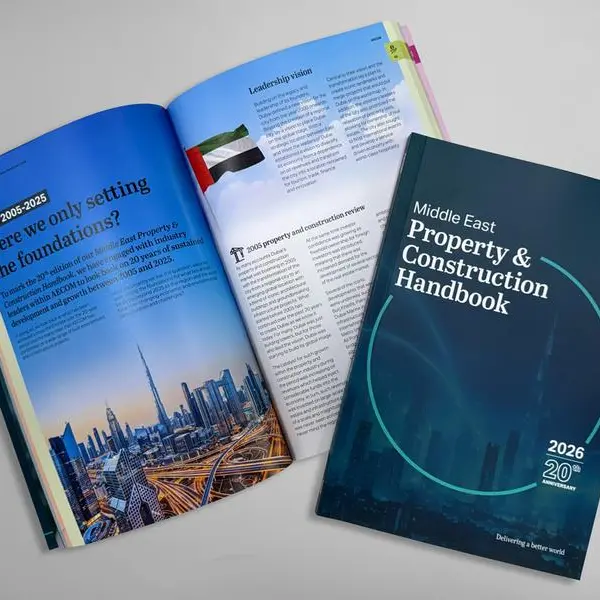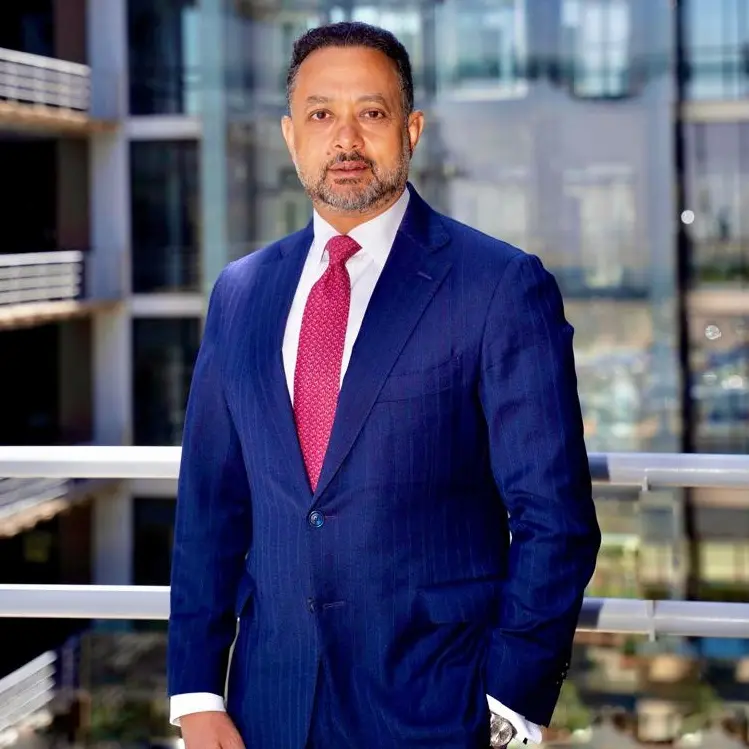PHOTO
Deepening expertise and fostering the EU’s strategic partnership with the Gulf
Abu Dhabi – The European Union Delegation to the United Arab Emirates co-organised a training programme on EU policies and decision making for 15 Emirati and Kuwaiti diplomats, as the EU increases its engagement with the Gulf region. The four-day programme was hosted by the Anwar Gargash Diplomatic Academy (AGDA) in cooperation with the Saud N. Al-Sabah Kuwait Diplomatic Institute. The training was delivered by Clingendael – the Netherlands Institute of International Relations – and ran from 3-6 October 2022 at the premises of AGDA.
The training programme aims to strengthen understanding of the European Union’s institutions, particularly EU’s external engagement with GCC countries. Attendees took part in master classes, interactive exercises and simulations on EU decision-making processes and foreign policy essentials, trade and climate negotiations, and heard from specialised European trainers about trust and consensus building and the power dynamics within the European Union.
Speaking about the event, H.E. Andrea Matteo Fontana, EU Ambassador to the UAE said: “We are delighted to co-organise this training programme, which demonstrates our joint commitment to further develop the EU’s strategic partnership with the Gulf. At a time of significant global challenges, the EU and the GCC countries stand to gain from even stronger diplomatic relations. We believe this training will enhance mutual understanding and look forward to work closely with our Emirati and Kuwaiti partners.”
On 6 October, there was a closing discussion entitled ‘The Future of the EU’, covering the EU’s current key priorities and challenges, including strategic partnerships, security, green and digital transitions, EU’s enlargement and ongoing integration. Participants were then awarded training completion certificates.
In May 2022, the European Union introduced its Joint Communication on a Strategic Partnership with the Gulf, aiming to broaden and deepen the EU’s cooperation with the Gulf Cooperation Council and its Member States. The Communication presents concrete proposals to strengthen cooperation on energy, green transition and climate change, trade and economic diversification, regional stability and global security, humanitarian and development challenges, and closer people-to-people contacts.
